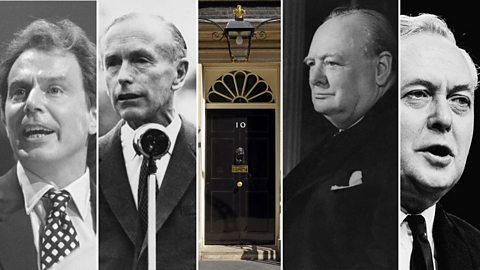The last time Germany - or West Germany, to be exact - hosted the UEFA European Football Championship was in 1988.
Following the end of World War Two, Germany found itself at the centre of the Cold War and, in 1949, it was formally divided into two separate states known as the German Democratic Republic (commonly known as East Germany) and the Federal Republic of Germany (known as West Germany).
Berlin, which was surrounded by East Germany, was also sub-divided with the West side controlled by the USA, UK and France. In August 1961, the Soviet Union built a wall around West Berlin that was still in place during the 1988 Euros. It was later torn down in 1989. No games were hosted in West Berlin during the 1988 Euros, in order to secure the participation of countries from Eastern Europe, as some did not recognise West Berlin as part of West Germany.
Unusually, the defending champions France had failed to qualify. The eventual winners were the Netherlands, beating the Soviet Union 2-0 in the final at Munich's Olympiastadion.
Due to the collapse of the Soviet Union and the unification of Germany, neither West Germany or the Soviet Union would make another appearance at a Euros.
But what else was happening in the world in 1988? Join “óĻó“«Ć½ Bitesize as we find out.
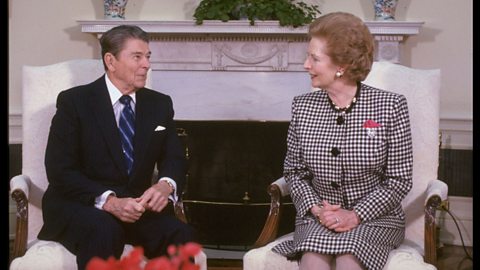
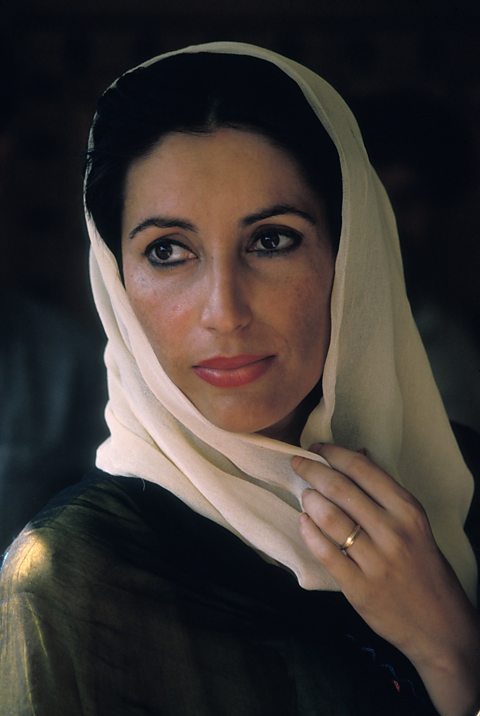
A tense political landscape at home and abroad
At the start of 1988, Margaret Thatcher became the longest-serving UK prime minister of the 20th Century. On the other side of the Atlantic, Ronald Reagan was the US president. The week before the Euros kicked off in West Germany, President Reagan flew to the UK to meet both Mrs Thatcher and Queen Elizabeth II, and the prime minister then made a return visit in November.
It was a time of political tension, with ongoing sectarian conflict in Northern Ireland and the Soviet-Afghan War. In the UK, several professions went on strike, including nurses and seamen.
March 1988 saw the replacement of the British pound note with the one pound coin, while in July the The General Synod of the Church of England voted in favour of allowing women to be ordained as priests in the future, despite Archbishop of Canterbury Robert Runcie voting against. The first women were ordained in March 1994.
In May 1988, the Conservative UK government introduced a controversial law known as Section 28. This law prevented local authorities from promoting homosexuality, which meant schools could not include the subject in their curriculum. It was repealed in 2000 in Scotland and 2003 in England and Wales.
As the year came to a close, Benazir Bhutto was elected Prime Minister of Pakistan, becoming the first female prime minister of a Muslim country. December also saw the deadliest terror attack in British history when a bomb exploded on Pan Am flight 103, causing the plane to crash near the Scottish town of Lockerbie, killing 270 people.

Setting records and breaking down barriers in sport
The 1988 sporting calendar was a busy one for athletes all across the world. Both the Summer and Winter Olympics were held in the same year - since 1994 the games have alternated every two years during the four-year Olympiad.
The 1988 Winter games were hosted by Calgary in Canada and saw just under 1,500 athletes compete over 16 days. The Summer Olympics were hosted by Seoul in the Republic of Korea, the second Asian country to host the event. The tournament set records with 159 nations participating and 52 different countries taking home an Olympic medal - including Great Britainās Adrian Moorhouseās Gold in the Menās 100 metre breaststroke.
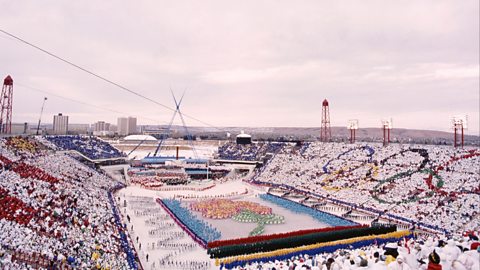
Elsewhere, in the world of football, the 1988 FIFA Womenās Invitation Tournament was held in China. The global competition was won by Norway and was hailed a great success. As a result, FIFA approved the establishment of an official Womenās World Cup which would take place in 1991.
Meanwhile in the US, Sandy Lyle made ripples in the world of golf with his victory in the 1988 Masters. His winning birdie saw him become the first British winner of the tournament. This would mark the first of four consecutive years of British winners at Augusta National.
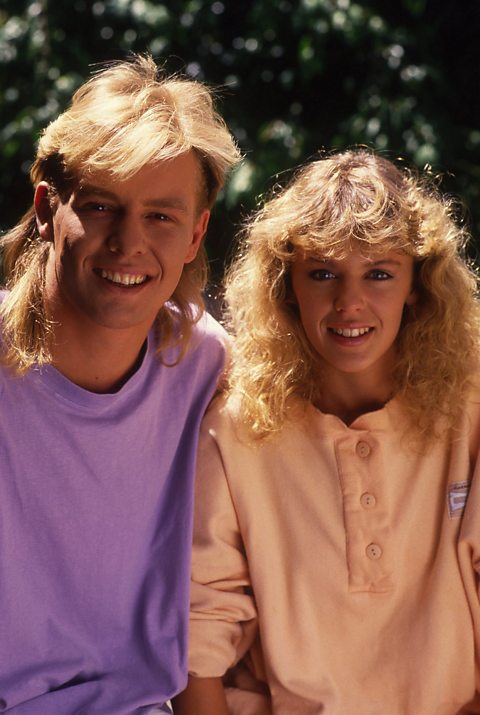
When the UK first fell in love with Kylie
When the Euros got underway on 10 June, Scotlandās Wet Wet Wet were at number one in the UK with the Childline charity single With a Little Help from My Friends, a cover of The Beatles track. Unusually, the single was a double A-side - where two songs get equal billing - so chart-topping honours were shared with another Beatles cover by Billy Bragg and Cara Tivey - Sheās Leaving Home.
The biggest chart seller of 1988 was Cliff Richardās festive chart-topper Mistletoe and Wine, closely followed by Yazz and the Plastic Populationās dance-pop hit The Only Way is Up. It will also be remembered as the year Kylie Minogue embedded herself in the UKās hearts, first on the hit Australian soap Neighbours - where she played Charlene Mitchell - then topping the charts with I Should Be So Lucky and Especially For You, a duet with her TV co-star Jason Donovan.
One of UKās biggest movies that year was the jaw-dropping mix of live action and animation in Who Framed Roger Rabbit? while a re-release of Disneyās The Jungle Book from 1967 was also a big hit. On Broadway, Andrew Lloyd Webberās The Phantom of the Opera opened to storming success and went on to be the longest-running show in its history. It closed in 2023, just 19 shows away from its 14,000th performance.
On the telly, almost 20m viewers in the UK watched Kylie and Jason marry in Neighbours, EastEnders was into its third year on our screens while Doctor Who marked its 25th anniversary. The very first Red Nose Day was marked with the now regular Comic Relief telethon, raising Ā£15m for causes in the UK and Africa, while that yearās Eurovision Song Contest was - as in 2024 - won by Switzerland. You may have heard of the singer. A young, up-and-coming diva with a remarkable voice - goes by the name of Celine Dion.
This article was published in June 2024

What did the world look like when the UK last had a July general election?
World politics, entertainment and sport: find out more about what was going on when the UK had its last July election in 1945.
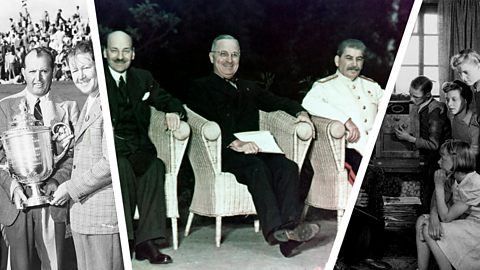
Six standout moments from Euros history
When was the first Euros game played? And why was Denmark's Euro victory so unusual?
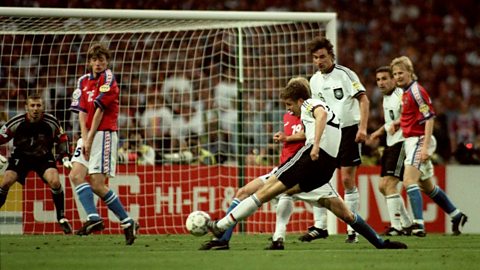
Can you list these 20th Century UK Prime Ministers in order?
Was Stanley Baldwin at Number 10 before Asquith, or Attlee?
